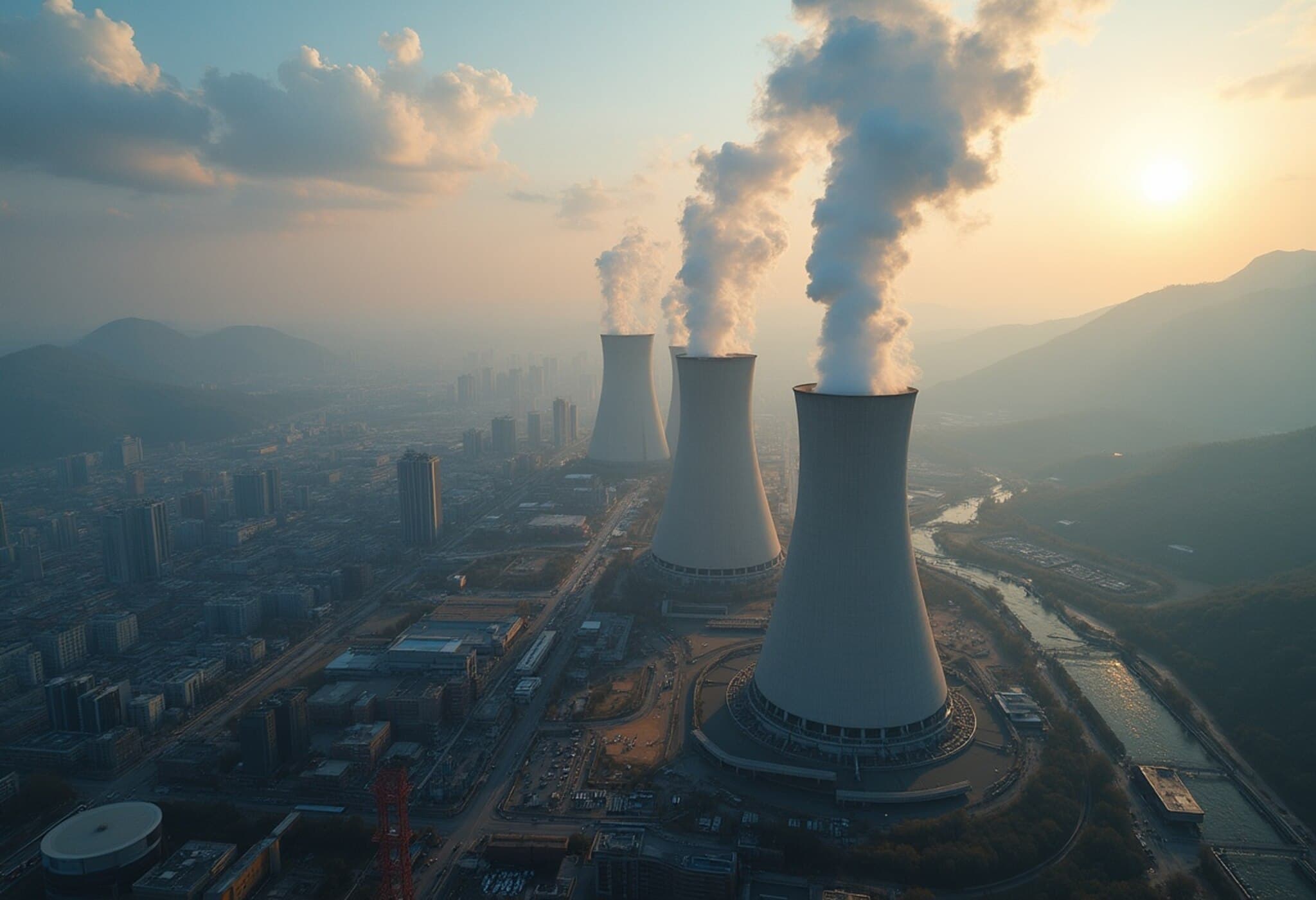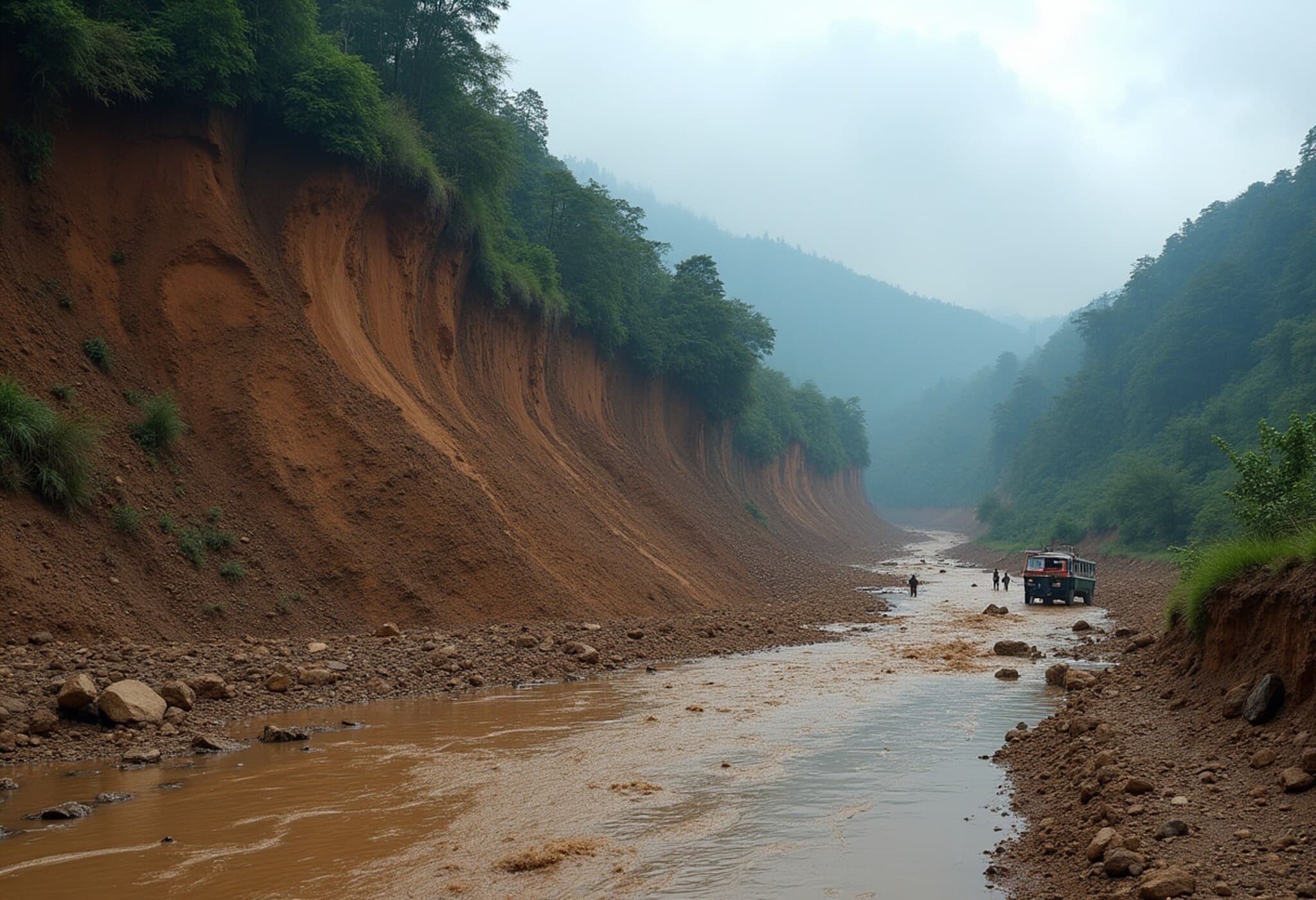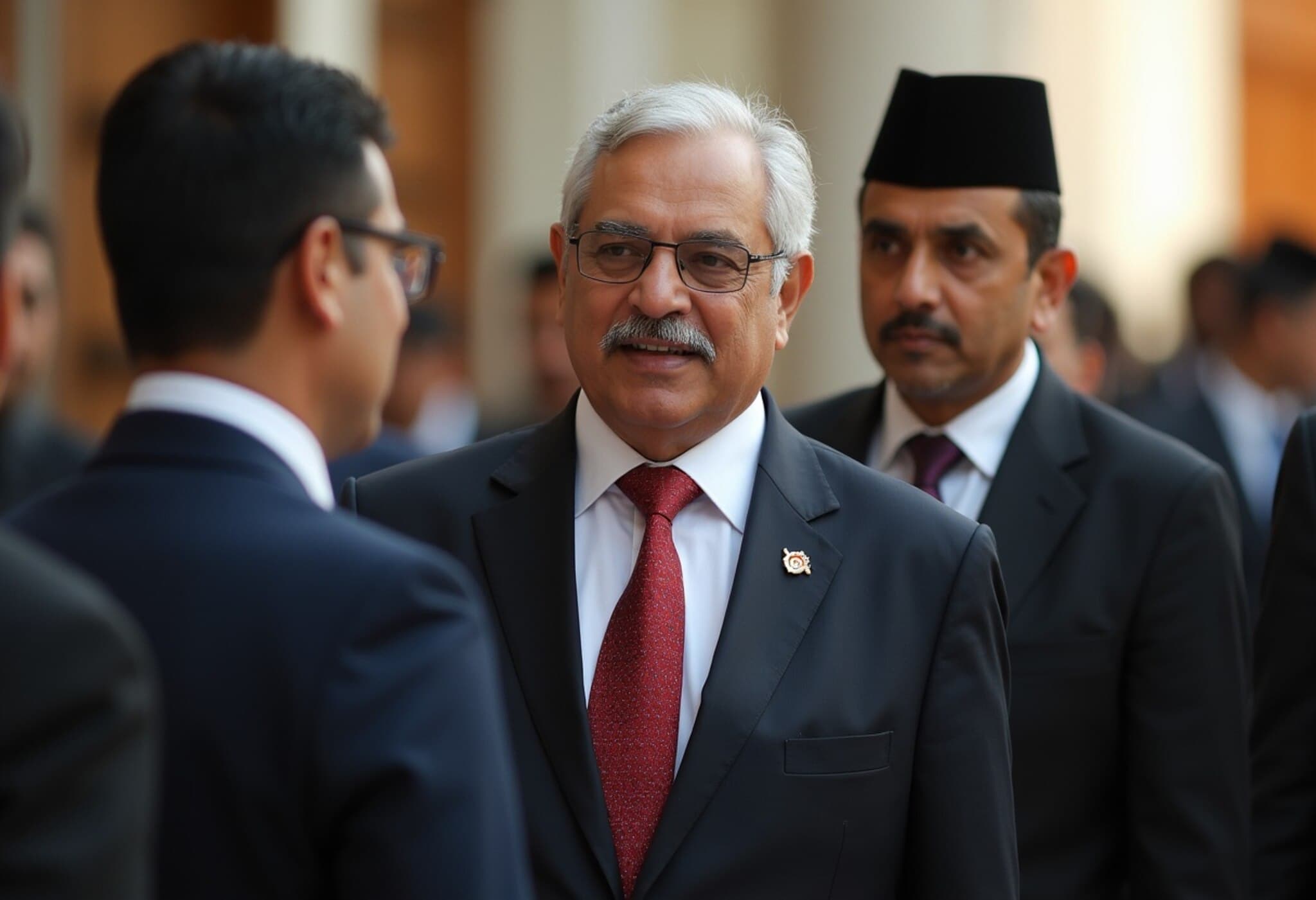Taiwan's Nuclear Referendum: Majority Support but Legal Hurdles Stall Reopening
On August 23, 2025, Taiwan's referendum on reopening the Maanshan Nuclear Power Plant resulted in a majority of voters backing the measure. Nevertheless, it fell short of the stringent legal threshold required for passage. This outcome underscores the ongoing public debate within Taiwan balancing energy security, environmental concerns, and safety amid a rapidly evolving global energy landscape.
Referendum Results and Legal Threshold
According to Taiwan’s Central Election Commission, over 4.3 million voters supported reopening the Maanshan plant, against approximately 1.5 million opposing it. Despite this clear majority, the referendum did not reach the critical bar set by electoral laws requiring approval from at least 25% of all registered voters (about 5 million). Consequently, the plant, located in Taiwan’s Pingtung County, will remain offline for now.
Background: Taiwan’s Energy Transition and Concerns
Maanshan, Taiwan’s last operational nuclear plant, was shuttered in May as the government sought to pivot towards renewable energy sources and liquefied natural gas (LNG), aiming to reduce reliance on nuclear power given concerns about safety in this earthquake-prone region. Taiwan’s government has publicly emphasized the risks associated with nuclear waste management and seismic vulnerability.
Political Dynamics and Stakeholders
The referendum was initiated by the Taiwan People’s Party (TPP), a smaller but increasingly influential political force, and gained the crucial endorsement of the Kuomintang (KMT), the primary opposition party. Both parties advocate for diversifying Taiwan’s energy portfolio to enhance reliability and reduce energy imports.
President Lai Ching-te’s Perspective and Future Outlook
President Lai Ching-te acknowledged the public’s strong demand for dependable energy options and expressed conditional openness toward nuclear power. He stated, “If in the future, the technology becomes safer, nuclear waste is reduced, and societal acceptance increases, we will not rule out advanced nuclear energy.” This statement reveals a pragmatic approach balancing public safety with national energy needs.
Broader Political Implications
Coinciding with the referendum, a recall vote aimed at seven KMT lawmakers failed, as did a larger recall attempt targeting 24 members last month. These recalls stemmed from accusations by civic groups and the ruling Democratic Progressive Party (DPP) that these lawmakers were too closely aligned with China and obstructing government functions — charges the lawmakers deny.
President Lai also revealed internal government strains, mentioning Premier Cho Jung-tai’s multiple offers to resign following the recall defeats. Nevertheless, Lai urged Cho to remain, signaling upcoming cabinet reshuffles geared toward increased efficiency.
Contextualizing Taiwan’s Energy Crossroads
Taiwan finds itself at a critical juncture, caught between ecological sustainability, geopolitical uncertainties, and domestic political tussles. As a seismic hotspot, nuclear energy poses distinct challenges here compared to nations with more stable geologies, but the island’s growing energy demands and dependence on imports from politically sensitive partners cannot be ignored.
- Seismic Safety: Taiwan’s high earthquake risk complicates nuclear power’s safety calculus.
- Energy Security: Reliance on imported fossil fuels exposes Taiwan to supply disruptions.
- Political Balance: Opposition parties leverage energy debates to challenge the ruling DPP.
Experts suggest Taiwan might explore next-generation nuclear technologies — such as small modular reactors with enhanced safety features — as part of a diversified and resilient energy future.
Editor’s Note
Taiwan’s nuclear referendum vividly illustrates the complexities nations face when balancing energy security with safety and environmental stewardship. While the referendum did not meet the legal criteria, the substantial voter support signals a robust public dialogue on sustainable energy strategies. Key questions remain: Can Taiwan safely integrate advanced nuclear technology? How will regional geopolitical dynamics shape its energy policies? This evolving story invites continuous examination as Taiwan crafts a path forward in an energy-hungry, uncertain world.











